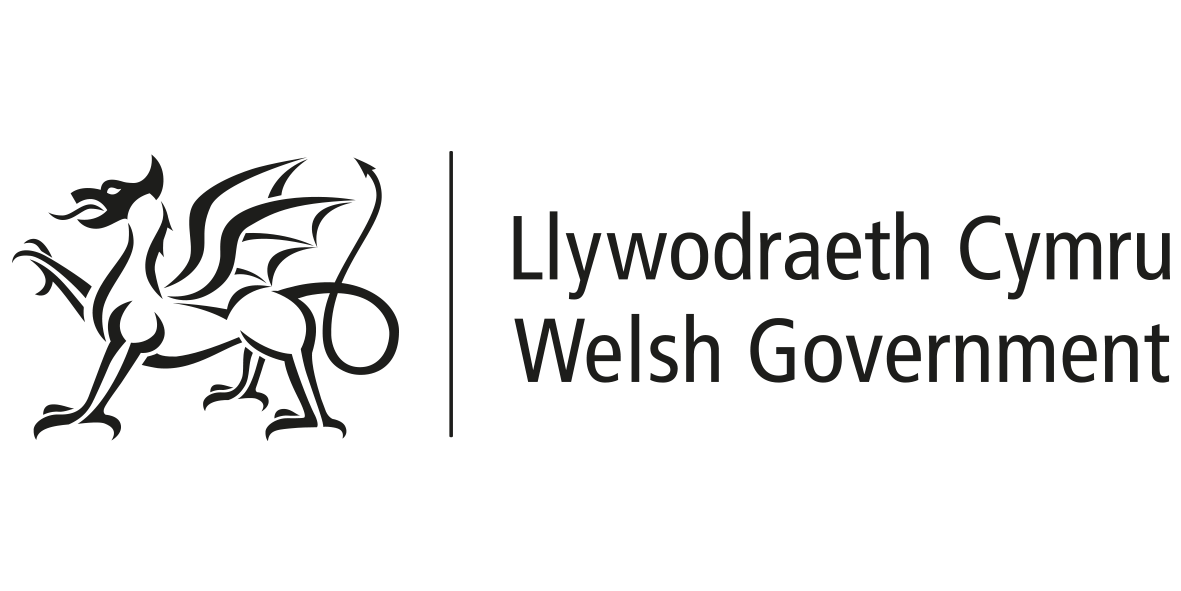Land, Agriculture, Marine, Fisheries & Nature
Description:
Wales’ Deputy First Minister & Cabinet Secretary for Climate Change & Rural Affairs will be joined by a panel of speakers to open Wales Climate Week 2024. Coinciding with the opening day of COP29 in Baku where world leaders will gather to negotiate international measures to address the climate crisis, the panel will discuss how our climate is changing and what we can do in Wales to address the associated impacts and opportunities. The session follows the publication of the new Climate Adaptation Strategy for Wales 2024, and will reflect the equal importance of tackling the causes and impacts of climate change.
Target audience:
This session will mark the opening of the Week and will be aimed at a broad audience of climate stakeholders, from public sector bodies, to industry and business networks, academic institutions, third sector organisations and anyone with an interest in learning more about how we can adapt to our changing climate.
Description:
Natural Resources Wales (NRW) has recently published its first Climate Change Adaptation Plan (2023-27). This Plan seeks to embed consideration of the wide range of key risks to the delivery of NRW’s activities across forestry, nature conservation and environmental protection that were identified through a detailed risk assessment. Given that many organisations have yet to systematically address climate risks, speakers will explain how NRW has built in resilience to climate change to its plan and outline the lessons learnt that might be of use to others. Delivery of the Plan is illustrated by reference to several case studies.
Target audience:
Anyone from other public sector bodies to members of the public. As NRW's work around Wales involves so many different people and organisations, it will be of interest to anyone keen to hear more about their work and their response to climate change.
*As it is Armistice Day, there will be a two min silence at 11:00 within this session*
Description:
This session will explore evidence around climate change and the steps that horticulture businesses can take to build climate resilience. It will begin with a short talk summarising the key findings from a recent research study commissioned by Farming Connect Horticulture that is informing the Wales Climate Adaptation Strategy for agriculture simultaneously being developed by Welsh Government. It will be followed by a facilitated panel discussion with Welsh commercial growers and the author of the research and close with an audience Q&A session. The session aims to propose ways forward for climate resilience to become embedded into future and enhanced support provision for commercial growers in Wales.
Target Audience:
The target audience will be interested stakeholders and growers from edible and ornamental horticulture. Farming Connect Horticulture has established networks with the industry and policymakers, and it is anticipated that many of the 49 growers that completed a survey that formed a key part of the research to attend this session. More broadly, it is expected that people with an interest in the future of food and farming will find this event stimulating and topical.
Description:
Join us for an insightful panel discussion hosted by the Deputy First Minister and Cabinet Secretary for Climate Change and Rural Affairs, Huw Irranca-Davies, alongside Professor Prysor Williams from Bangor University. This event will feature speakers suggested by Wales’s Agriculture Industry Climate Change Forum (AICCF), highlighting the positive actions Welsh farmers are taking to adapt to our changing climate. You can also post your own questions to the Deputy First Minister or the panel for discussion. We trust you will join us for this engaging event as we consider climate adaptation across Welsh agriculture.
Target audience:
This session is designed for farmers, farming stakeholders, and the general public. It also welcomes policymakers, researchers, NGO representatives and those with an interest in how our rural countryside can become more resilient in the face of a changing climate.
Description:
An opportunity to hear from the Children's Commissioner for Wales, Rocio Cifuentes around climate action. She will invite school children to share their views through an online session 'monthly matters'. This supports Article 12 of the United Nations Convention on the Rights of the Child (UNCRC) and right to be listened to and taken seriously in decisions that affect children's lives.
Target audience:
All children and young people to engage in and to share this resource with adult professionals who support children and young people.
Description:
This session will address the likely impacts and changes for species and habitats in the marine environment due to climate change and some of the actions we need to take to help them and us to adapt.
Target audience:
This session is aimed at everyone with an interest in the marine environment, be they dependant on it for a living, or a visitor to a beach.
Description:
Wales Peatland Action is a nature-based solution to tackle the Climate and Nature emergencies. This session gives viewers an insight into the importance of peatland, an overview of the peatlands of Wales, how the National Peatland Action Programme in Wales has achieved its targets to date with partners in the sector. The strategic approach and funding from Welsh Government and management through Natural Resources Wales; successes, challenges and opportunities will be covered. An additional fascinating aspect of the session includes an overview of how the Wales Peatland Map and data shares with the public all the recorded information about where the peatland is and its characteristics. Importantly for accountability, the Peatland Map now also shows the location and details around recent peatland restoration action in Wales, so there’s also a brief overview about accessing and using this data source.
To close there is a short summary of the success of the Life Welsh Raised Bog project, by Jake White and data by Jenny Williamson (CEH). The project has bought benefits with emission reduction as well as pleasure to the public with access to some of our most iconic bogs such as Cors Caron and Cors.
Target audience:
For all members of the public, especially those working in Peatland / green sector, educators/education, conservation partners and land managers, policy and decision makers or considering a career in these areas.
Description:
In this session, Adam will share his work with Carmarthenshire County Council Schools on upskilling teachers in climate-friendly gardening techniques and how these initiatives are being integrated with the rollout of the new curriculum for Wales. He will also discuss how partnerships with organizations such as the Wales Botanic Garden, Food Sense Wales, and the agricultural sector are helping to develop a deeper understanding of how gardeners and growers can safeguard important habitats for future generations, while making full and productive use of Wales' land for the enrichment of its language, culture, and people. The session will conclude with a discussion on creating a new national celebration of horticulture in Wales at the Royal Welsh Agricultural Show, highlighting how the event aims to serve as a driving force for educating the public on the importance of green spaces for the future.
Targt Audience:
For all members of the public, especially those working in Peatland / green sector, educators/education, conservation partners and land managers, policy and decision makers or considering a career in these areas.








